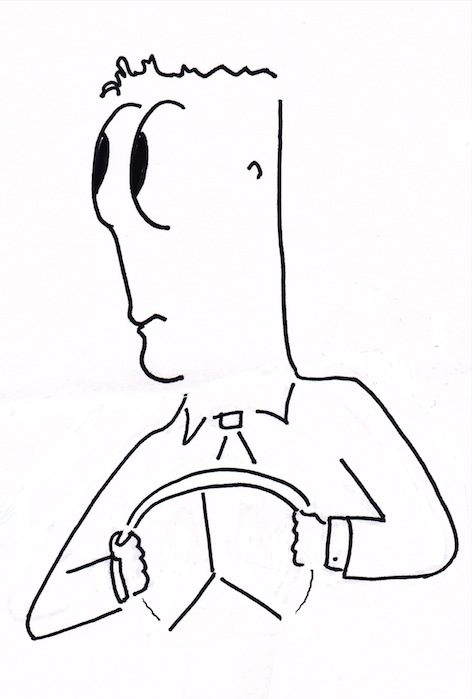There is a certain sense that the driver should be slightly ashamed to be driving a car at all. Real Danes drive bicycles.
This is partly a tenet of environmentalism - the Danish national religion - and partly because of an egalitarian conviction that no one in Denmark should have anything unless everyone else has one. The Danish government subscribes to both of these principles, and makes car ownership as difficult as possible.
The purchase of a new car in Denmark sets off a 180% sales tax - in other words, a $20,000 sedan will cost you $50,000 to drive off the lot. This is the only tax you'll ever hear Danish working-class people - greengrocers, carpenters, Page 9 topless models (who tend to be on the socialist side) - complain about.
Heavy gasoline taxes, which were recently increased, bring the price of a gallon of fuel up to around $8 a gallon, even though the country is largely burning its own North Sea oil.
Even parking fees are punitive: an hour on the street in downtown Copenhagen will cost you $6, and payment isn't optional because the meter maids mean business. On a small street near my old home in Christianshavn, they gave out 1692 parking tickets in a single year.
